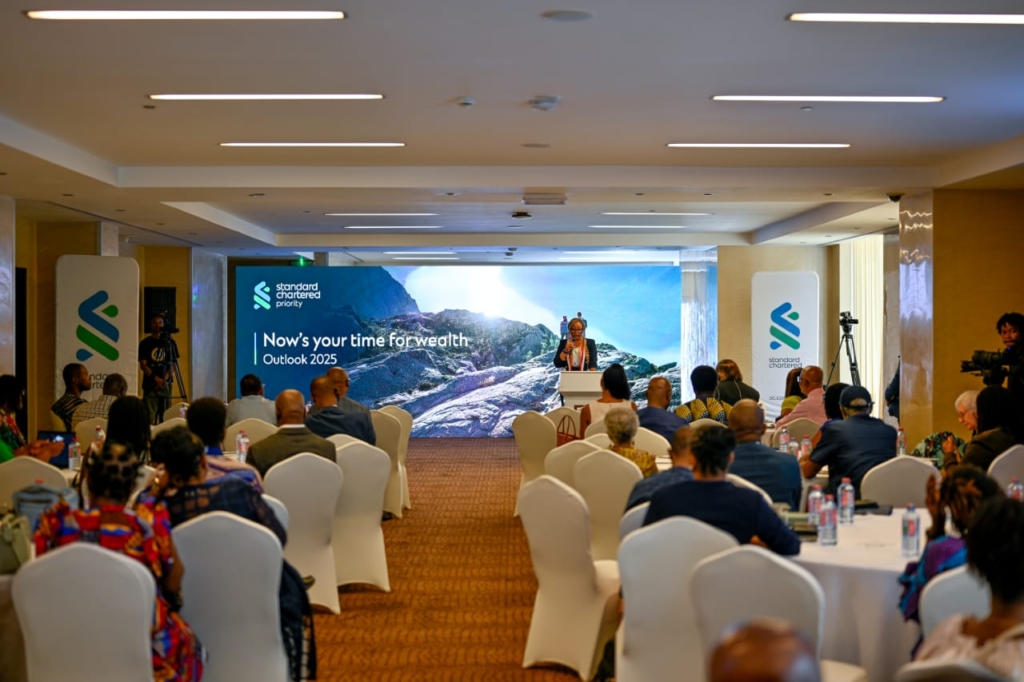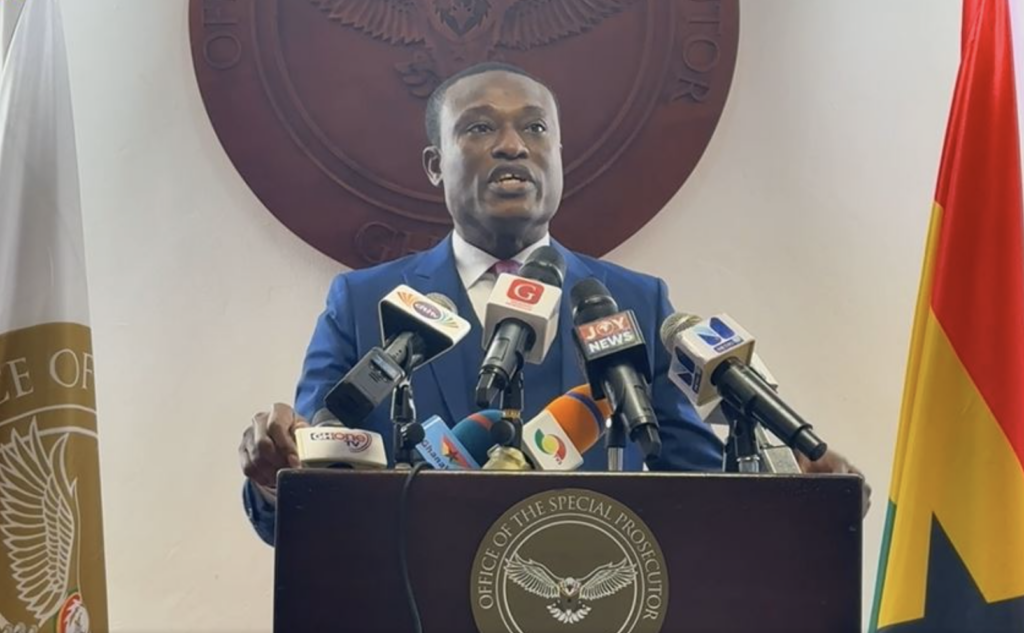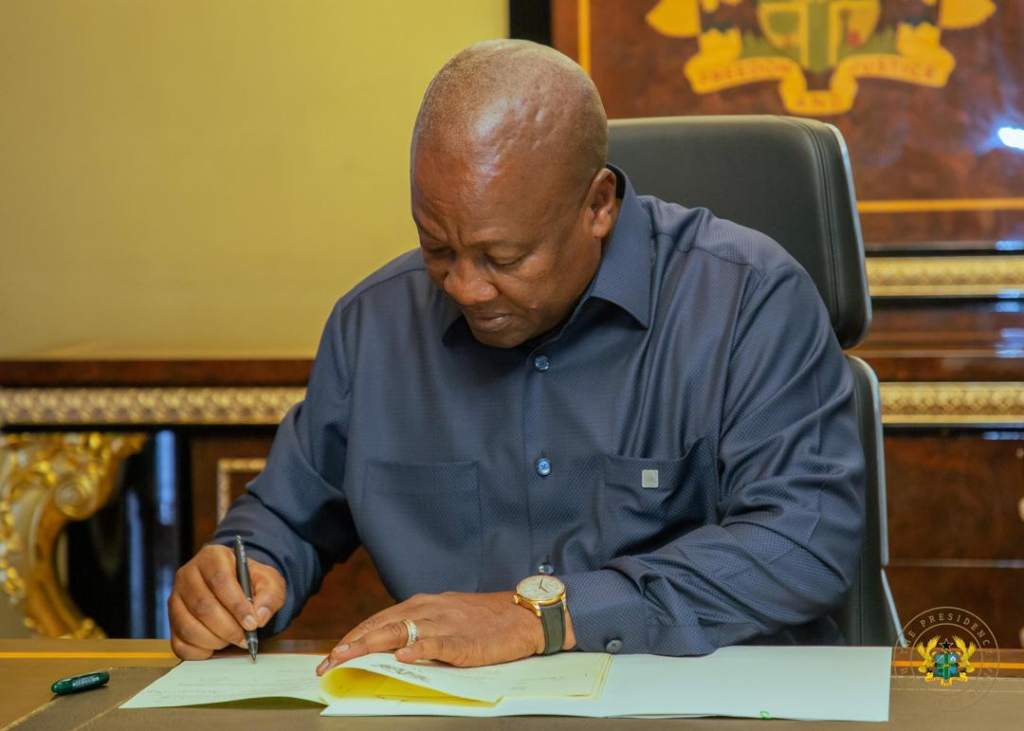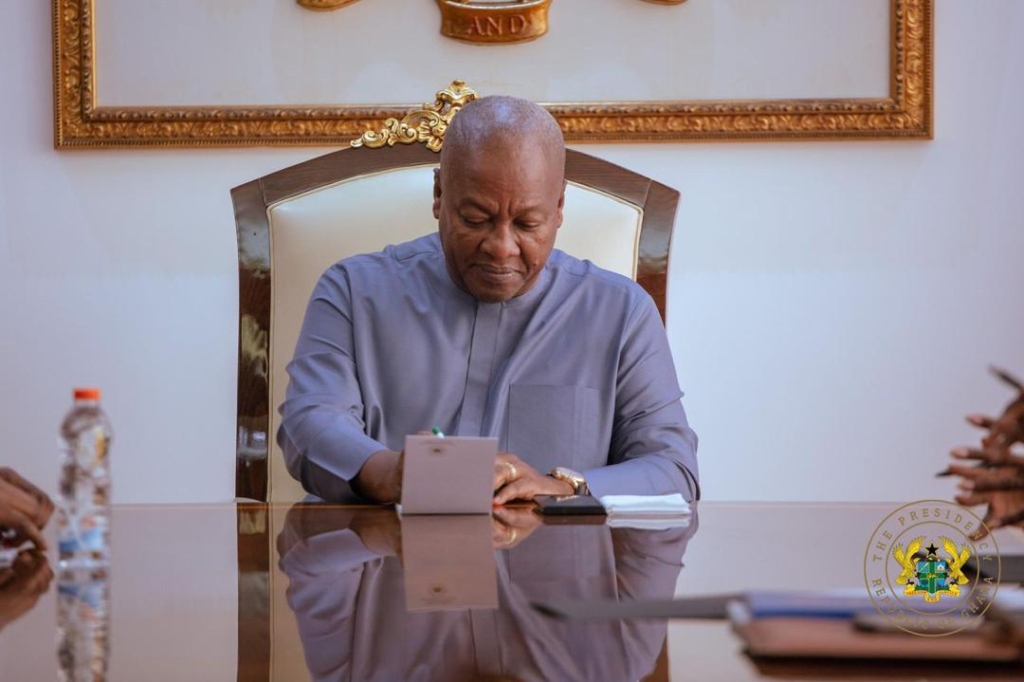A leading trade, investment, and development law expert and Director of the Regional Integration Coordination Office at the African Development Bank Group, has called for urgent action to ensure women have equal opportunities in trade.
Dr. Joy Kategekwa speaking at a forum on International Women’s Day on Saturday, said while women are key players in cross-border trade, they continue to face unique challenges that hinder their full participation in the marketplace.
“Happy International Women’s Day 2025,” she said.
“This year, we are called on to accelerate action so that women can have equal opportunities across all spheres of life.”
Dr. Kategekwa highlighted the structural barriers women face, including limited access to productive resources such as land.
“Women come to the cross-border trade marketplace with a unique set of challenges,” she explained.
“If you start from their access to productive resources—land, for example—that is an issue in several jurisdictions. The ability of women to own land, certainly at the scale that can engage in large-scale productive ventures, remains a challenge.”
Access to financing is another major hurdle for women in trade.
“There are practices, norms, and perceptions that make it difficult for women to access financing, even if we know—and studies confirm—that women pay their debts very consistently,” she stated.
Dr. Kategekwa also pointed out that women traders face additional difficulties at border posts, where unpredictable regulations, fees, and charges create unnecessary burdens.
“Women face unique challenges at border crossings,” she said.
“Whether it is about the fees they are having to pay or the rules and regulations changing arbitrarily, these issues make cross-border trade more difficult for women.”
She stressed the need for better market information and incentives that would enable women to engage in production at a scale that allows them to compete effectively.
“What are the opportunities ashore? How can women utilise them?” she asked.
“What about the incentives within these countries that can allow women to engage in production at a scale that would allow them to thrive in cross-border trade?”
Dr. Kategekwa’s remarks underscored the urgency of addressing these barriers to unlock the full potential of women in trade.
“All of these are important issues that women face as they engage in cross-border trade,” she concluded, calling for collective action to create a more inclusive and equitable trading environment.
DISCLAIMER: The Views, Comments, Opinions, Contributions and Statements made by Readers and Contributors on this platform do not necessarily represent the views or policy of Multimedia Group Limited.
















